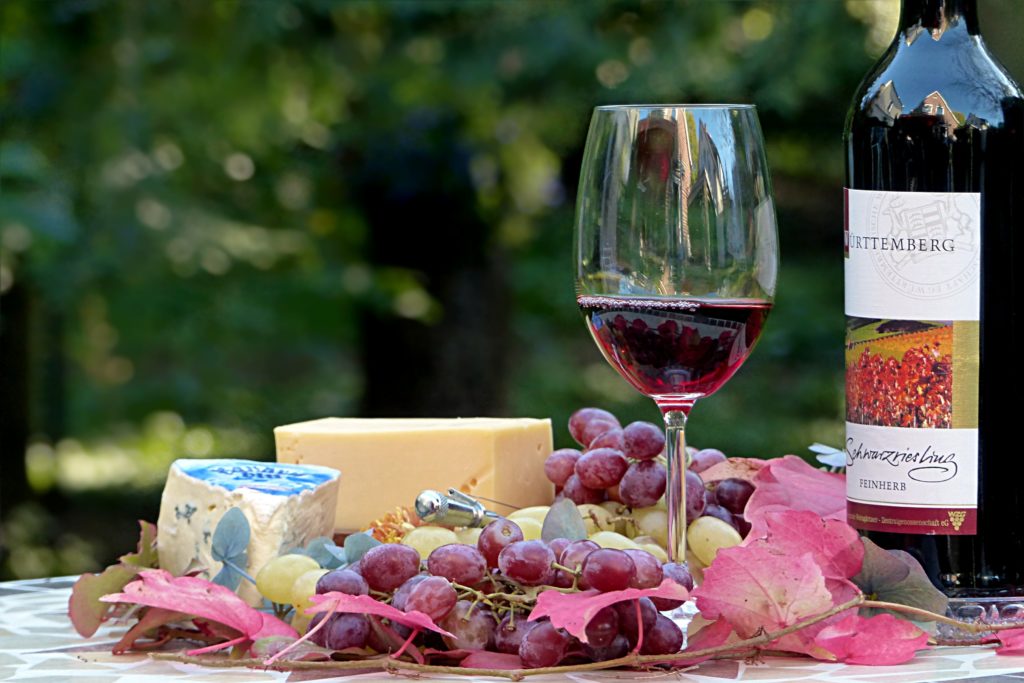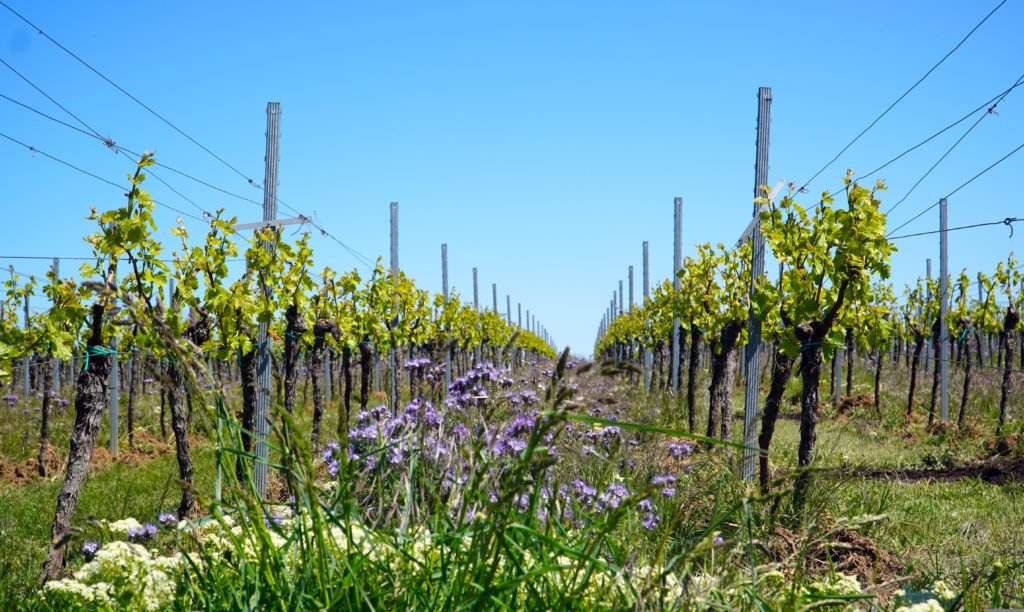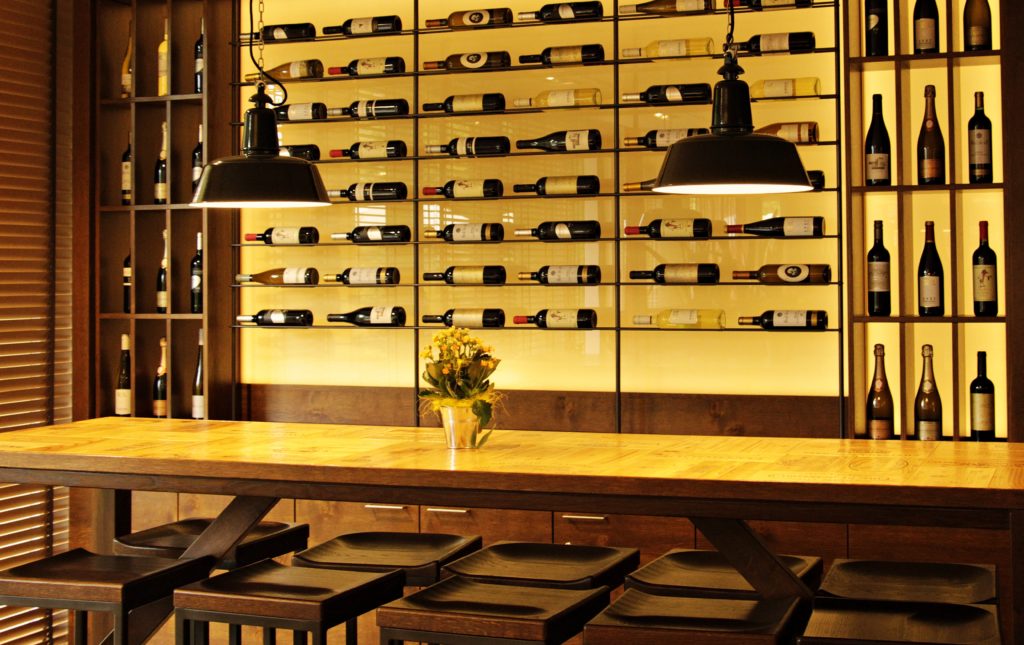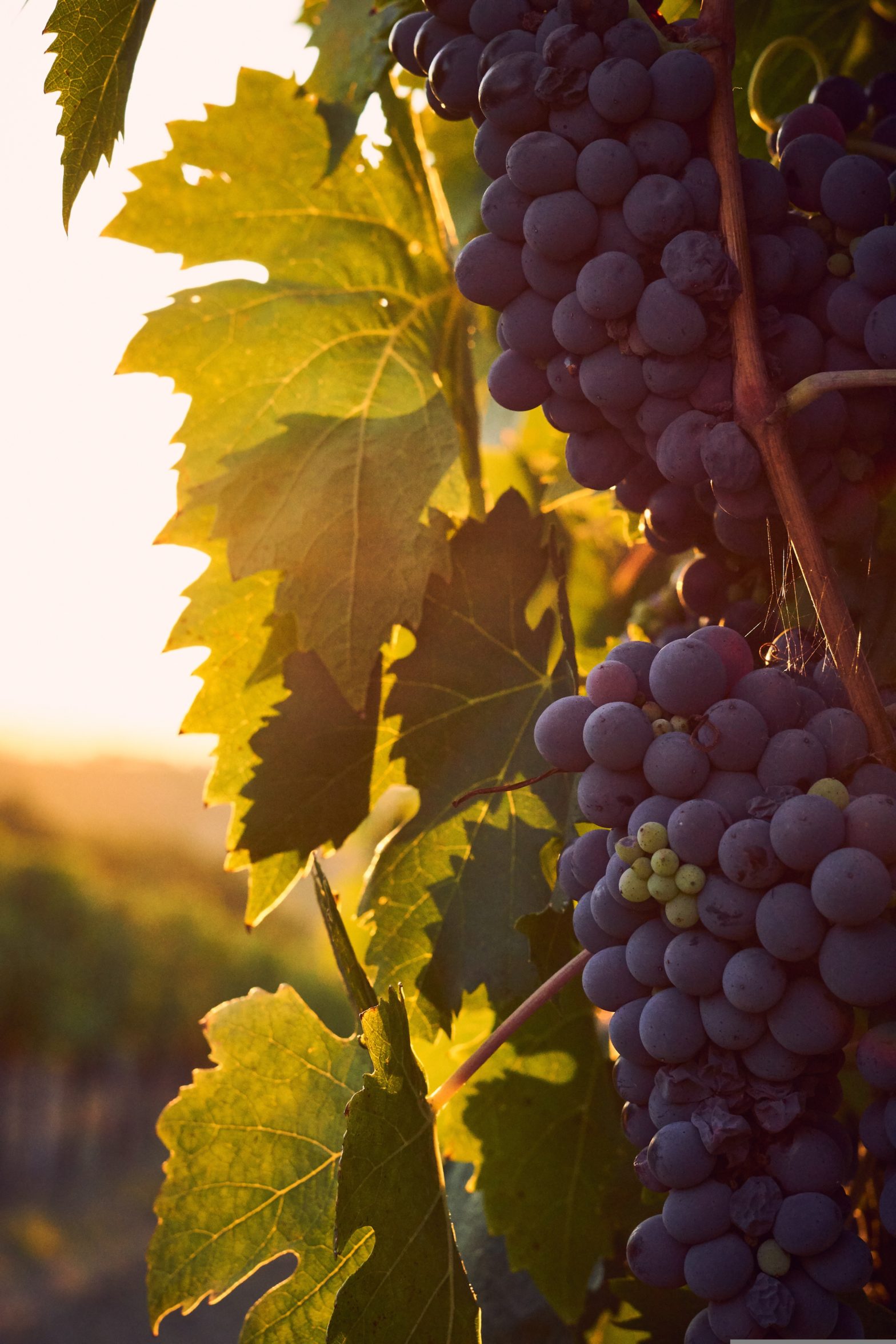Will ARTIFICIAL INTELLIGENCE (AI) shape or even determine our wine industry in the future?
Everyone is talking about AI, ChatGPT, applications in ‘Machine Learning,’ but which of these applications could be decisive within the wine industry? If we currently ask ChatGPT to write a text about, for example, ‘wine cultivation in the Low Countries,’ as a wine lover, we must swallow hard. Sometimes incomplete, often incorrect information in poor Dutch. There is still much work to be done in this area.
Some brilliant examples of AI
Flemish AI technologists are helping the largest British wine producer (Accolade Wines) to reduce wine waste (ecological footprint). Accolade Wines in Southwest England produces approximately 200 million liters of wine. The company wanted to limit production losses and invested in a dashboard that detects waste. We are proud that a Ghent-based company took on this task. During this concept, they built a dashboard to track the wine flow from storage tanks to bottling on one of the six production lines in real time. The dashboard alerts the operator when unusual behavior occurs on the line that could lead to wine loss.
VUB master students in computer science are developing an AI-based wine cooler. How can we know exactly at what temperature red or white wine should be served, and how can we maintain this temperature? These students also developed an algorithm that can detect the label of the wine bottle, gather all relevant data about the wine, and use this data to determine the optimal temperature for that wine.
Some companies use AI to predict the market. For example, McDonald’s uses AI to maximize sales. Other companies are inspired by AI to create new flavor combinations based on the science behind our sense of smell and taste (sweet, bitter, salty, umami, sour). AI could also play an important role in creating new recipes.
Global warming and climate change remain major concerns for winemakers. Every winemaker wonders how to address this issue. Technical innovations are needed. The development of artificial intelligence for real-time data management now makes it possible to monitor the evolution of the vine and anticipate it in light of climate risk analysis and disease outbreaks. AI acts as a sentinel in the vineyard. Several French players have positioned themselves in this market, including the company Alcom Technologies. Installed posts, energy autonomous, are installed as close as possible to the plants. They continuously record data, process it via the winemaker’s smartphone in the form of photos accompanied by a 7-day forecast. By combining intimate information about the vine with external indicators such as weather forecasts, these sensors can predict a mildew attack, faster than the most informed physical experts. Connected vines also announce the arrival of powdery mildew or botrytis even before their first manifestations. The same goes for the risk of frost and hail. Currently, about 20 Bordeaux châteaux are equipped with such smart systems. Precision viticulture is making its entrance!

The future of oenology, the science of wine and winemaking, takes a fascinating turn with the integration of AI in the industry. As the wine sector continues to evolve, AI plays an increasingly important role in shaping the future of the wine industry, distribution, and consumption. From precision farming and robotic harvesting to virtual sommeliers and personalized wine advice. AI is revolutionizing the way we grow, produce, and enjoy wine.
One of the most significant ways AI is influencing the wine industry is through precision farming. By using AI-based tools like drones and sensors, winemakers can monitor their vineyards more accurately and efficiently than ever before. These tools gather vast amounts of data on factors like soil composition, temperature, humidity, and plant health, allowing winemakers to make better-informed decisions about managing their vineyard. This can lead to improved grape quality and more consistent wines. AI is also used to optimize the harvesting process. The risk of human error is reduced, and only the best grapes are used in winemaking.
In the winery, AI is used to analyze and predict the chemical composition of wines, allowing winemakers to refine their production processes and create wines with specific flavor profiles. By analyzing data on factors like grape variety, fermentation temperature, and barrel aging, AI can help winemakers predict the final characteristics of their wines, so they can make adjustments in the winemaking process to achieve their desired results. AI also revolutionizes how we buy and consume wine. Virtual sommeliers, powered by AI algorithms, can provide personalized wine recommendations based on individual preferences and tastes.
By analyzing data on users’ past wine selections and preferences, these virtual sommeliers can suggest new wines that the user is likely to enjoy. The technology is beneficial not only for consumers looking to discover new wines but also for wineries looking to make their marketing efforts more effective.

Furthermore, AI is also used to combat wine counterfeiting, a growing problem in the industry. By analyzing the chemical composition of wines, AI can help identify counterfeit bottles and protect consumers from purchasing fraudulent products. This technology is especially important for high-quality wines, where counterfeiting can have a significant impact on the reputation and value of a brand. As AI continues to evolve, its influence on the wine industry is likely to grow.

With this total turnaround in the wine industry, we ask ourselves the following questions: Who will pay for or sponsor this? Is AI only for large and financially powerful companies? Will the computer soon do everything better than humans? What about the future of artisanal winemakers – is it the end of human input? Personally, I think AI can be a good assistant.
Georges De Smaele, wine writer.
Stellen wij ons de volgende vragen bij deze totale ommekeer in het wijngebeuren:
- Wie zal dit betalen of sponseren?
- Is AI enkel weggelegd voor grote en kapitaalkrachtige bedrijven?
- Kan de computer straks alles beter dan de mens?
- Wat met de toekomst van de ambachtelijke wijnboer -einde van de menselijke inbreng?
Persoonlijk denk ik dat AI een goeie assistent kan zijn.
tekst: Georges De Smaele, wijnschrijver.
